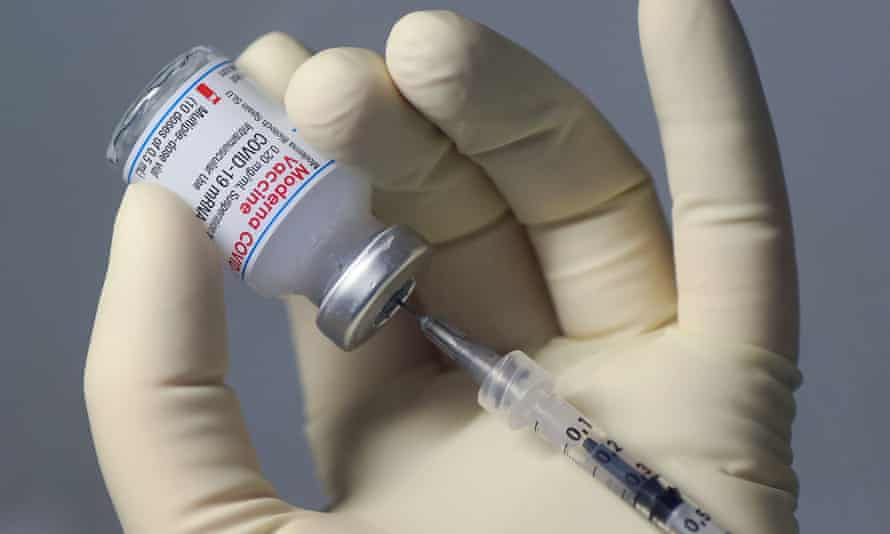UK SCIENTISTS HIGHLIGHT 12 CRITERIA FOR COVID VACCINE PASSPORTS

Royal Society says issues such as certifying immunity and data protection need to be considered
Vaccine passports are feasible, according to scientists at the Royal Society, but many pressing questions need to be answered around their use, from knowing whether vaccines protect people against transmitting coronavirus, to ensuring they do not lead to widespread discrimination and inequalities.
The issues are urgent and some countries are already introducing passports, say the scientists in a report. Estonia has joined with the World Health Organization and others to test a vaccination certificate on its borders, while Israel is developing a green passport and a purple badge, visible on a smartphone and linked to ID, allowing people access to gyms, places of worships, hotels and cultural events.
The Royal Society’s report highlights 12 criteria that need to be considered, from certifying immunity, to data protection and ensuring people did not lose their jobs because of a health reason or personal belief that prevented them being vaccinated.
“We’re not advocating for or against, but we’re saying this is coming. Countries have already introduced it, companies are already saying they’re going to put it into their contracts. We have to openly break this open and discuss it,” said Prof Melinda Mills, the director of the Leverhulme Centre for Demographic Science at the University of Oxford and a lead author of the report.
Christopher Dye, a professor of epidemiology at Oxford and a co-author, said a key issue was how long the passports would be expected to last. “We know immunity wanes through time, so people become less good at being protected, if you like, but we don’t know the timescale on which that happens – it might be months, or it might be a few years but we need more science in order to support that point.
“The second reason why people might lose their protection is because of new emerging strains – variants of concern, as they’ve been called.”
Some vaccines might perform better than others in preventing transmission or protecting against variants. The passports might have to be responsive to that.
Immunisation certificates are mandated for yellow fever in countries where it is endemic, but that is a different situation, he said. “There is only one vaccine for yellow fever. And it turns out to be a highly effective vaccine – probably lifelong protection. So we’re in a comfort zone, with yellow fever, that we’re not in yet, and we may never be in, with regard to Covid-19.”
Mills said it was important to clarify how the passports would be used. “Would it be for international travel, medical uses, for getting a job, attending a football match or for buying some milk?” she said.
“There is a risk that they could unjustly discriminate in hiring, attending events, insurance companies, housing applications – you can think of many examples.”
If people could only get a passport after two doses of vaccine, that would in effect discriminate against younger people at least for the time being. And it would be important to safeguard those people who either could not be vaccinated for medical reasons or who had religious or political beliefs that stopped them coming forward.
To avoid discrimination, said Mills, “there has to be trust and transparency. What is it used for? Will it be used to track populations? If you need a QR code to enter a building or a restaurant, how will that data be used? There are concerns that already marginalised groups might already be tracked more, so … we have to think about personal data.”
The scientists said they believed international standardisation of the criteria was essential and hoped politicians considering the way forward would use their checklist. Most of all, the many issues need to be aired.
“We need a broader discussion about multiple aspects of a vaccine passport, from the science of immunity through to data privacy, technical challenges and the ethics and legality of how it might be used,” Mills said.





